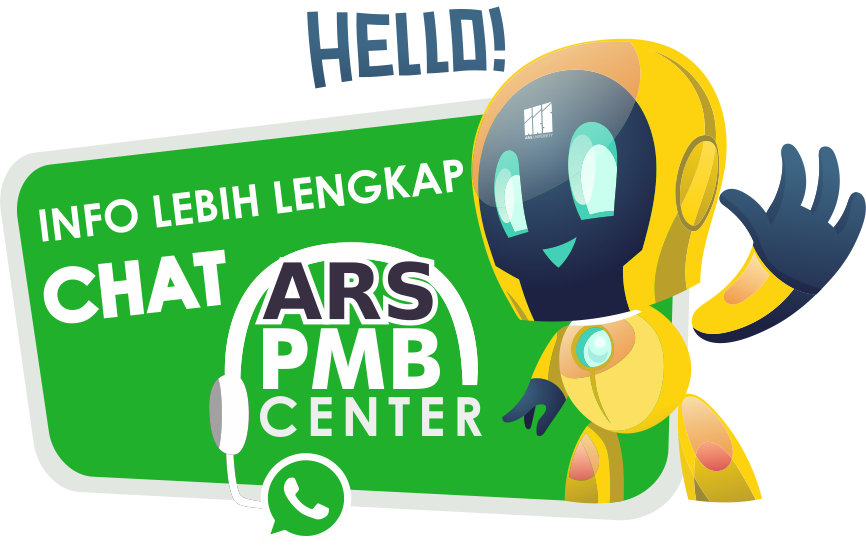| This study explores the critical role of ubiquitous technology in supporting the implementation of Universal Design for Learning (UDL) in inclusive education. Ubiquitous technologies, including real-time applications, metaverse technologies, and UDL-based learning modules, offer flexible, adaptive methods for presenting information, engaging students, and evaluating learning outcomes tailored to individual needs. Within the UDL framework, these technologies contribute to creating inclusive learning environments, enhancing accessibility for students with special needs. Despite their significant potential, challenges remain in their implementation, such as infrastructure limitations, inadequate teacher training, and the digital divide. To overcome these barriers, strong policy support, collaboration among stakeholders, and investments in educational infrastructure are essential. Additionally, teacher training programs focused on the integration of technology into inclusive education are crucial for ensuring effective adoption. The findings suggest that the integration of ubiquitous technologies can make education more inclusive, providing equitable learning opportunities for all students, particularly those with special needs. Furthermore, the research emphasizes the importance of addressing challenges related to technological accessibility, infrastructure, and teacher readiness to maximize the impact of ubiquitous technologies in fostering inclusive educational practices. This study offers key recommendations, including increased collaboration between governments, educational institutions, and private sectors, as well as the need for further research on overcoming implementation challenges and evaluating the impact of ubiquitous technologies on the learning outcomes of students with special needs. |

